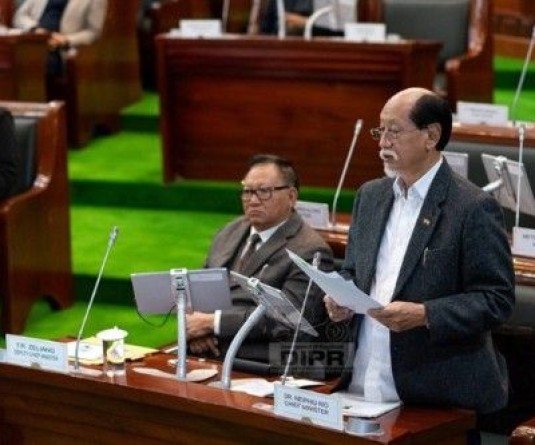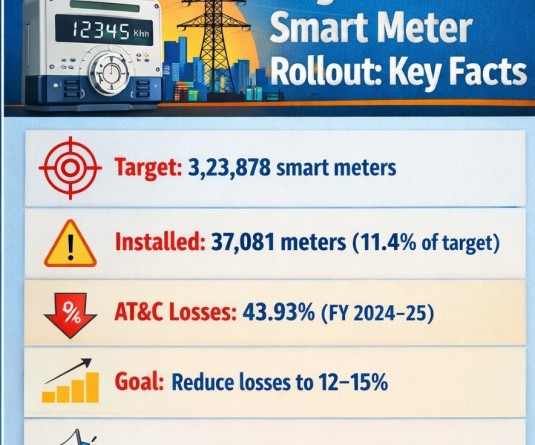
Morung Express News
Kohima | September 16
Dr ES Gopal, INSA Honorary Scientist and Former Director, National Physical Laboratory today delivered a lecture on ‘Leap Year, Global Warming and Biopesticides’ with the MSc students of Kohima Science College, Jotsoma.
He spoke of extreme climate fluctuations brought about by global warming and stressed on the need to address this issue with urgency. The lecture was organized by the Nagaland Science & Technology, Kohima (NASTEC).
Dr. E S Gopal started the lecture with a brief overview of the history of the earth, mass extinction and emergence of new species, evolution of human societies from the earliest human civilizations till the industrial revolution.
“The standard of living has enormously improved but that came with a price. Earlier no one was worried about the price, but now we have started to worry,” said Dr. Gopal referring global warming as the price humanity has to pay.
Providing statistics on the presence of carbon dioxide on the earth, Dr. Gopal noted that carbon dioxide has sharply increased in the recent years, which accounts to much more than any time in the history of the world.
Dr. Gopal also mentioned the contributory factors for the increase of carbon dioxide in the earth’s atmosphere, green house gases and its effects and how this is disturbing the equilibrium, the delicate balance of nature and ecology.
Evidences are already cropping up such as the complete submergence of islands in the Indian Ocean which in turn will have devastating consequences on coastal towns such as Kolkata, Chennai- the impacts of which are already seen during the flooding in recent years after heavy rainfall.
In countries such as the US, communities in states like Alaska are relocating due to rising sea levels. In Kohima too, Dr. Gopal mentioned the roads that are heavily affected after rainfall. “When the big cities are so vulnerable due to rainfall for a few days, imagine what will happen if the water level increases by one metre. If this is happening in advanced countries, imagine what will happen to the poorer countries?” questioned Dr Gopal.
Flooding and submergence of land will also have a direct impact on the food security of the countries, he pointed out and termed this is a serious issue because the land used for agriculture will be buried under sea level.
When you go from one equilibrium state to another equilibrium state, the transition leads to fluctuation, stated Dr. Gopal adding that in climate change too, the fluctuations are already evident such as extreme rainfall, flooding, no rainfall, drought, increase of cyclones and hurricanes are all examples of heavy fluctuations. “You have scientific evidences in terms of extreme events. These are precursor of terrible warnings of global warming,” he said.
Population growth is a major factor in global warming; however the real problem is energy usage, where population growth has a direct impact on energy usage. Dr. Gopal cited simple problems such as the increased usage of vehicles.
“If there is a problem, you can also bring the solution. But the problem is who will bell the cat?” questioned Dr, Gopal viewing that people and countries are not willing to take the responsibility to reduce their carbon footprints and instead blame each other for increase energy usage. And it’s easier said than done because everyone wants to have better standards of living and no one wants to reduce energy usage, he concluded.
Dr. Gopal left the students with a set of recommendations for reducing their carbon footprints such as using LED lamps which are much more efficient and consumes less energy, and using public transportation. Towards this, he suggested improvising the public transportation system by following the European model of public transportation.






